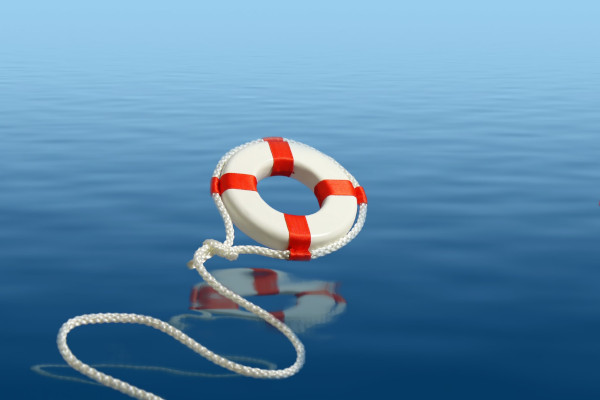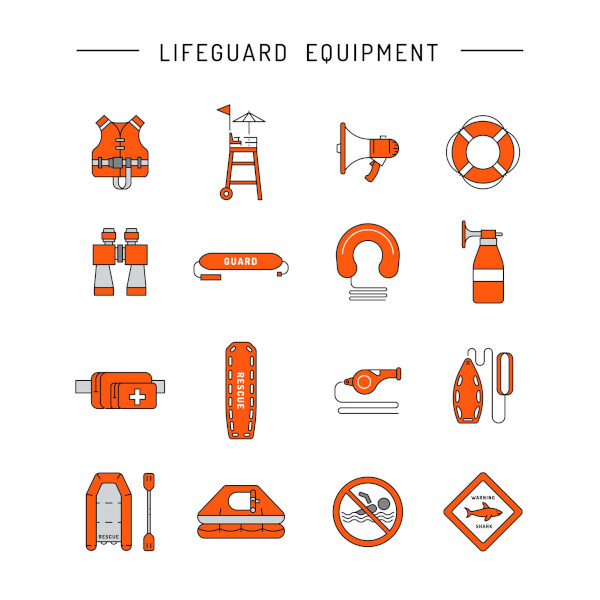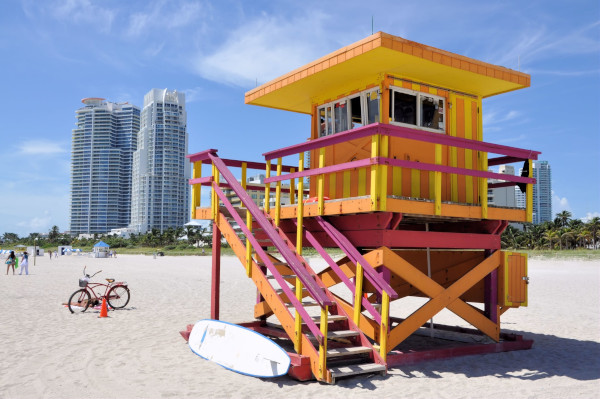Summary:
This article dives into the importance of first aid training for aspiring lifeguards. Lifeguards have a responsibility to care for those who encounter danger with efficiency, so it is vital that they possess sound knowledge of first aid. By analysing the roles that a lifeguard is responsible for, as well as the qualities necessary to become a lifeguard, we uncover the value of first aid training for those who hope to save lives on the beach and in the water. If you’d like to know why lifeguards require first aid training, then read this article.
First Aid Course for Lifeguards
People who are aspiring to become lifeguards are required to undergo first aid training as a prerequisite to acquiring their professional certification. First aid training is important for lifeguards because it provides them with the skills to respond to emergency situations when paramedics aren’t nearby. By participating in a first aid course with EMCARE, students will receive the training they need to pursue a noble career as a first responder. If you’d like to know more about this first aid course, and why aspiring lifeguards should come to EMCARE for their training, then read the article below.
What is the Role of a Lifeguard?
- Observation:
Lifeguards will spend a good portion of their day simply watching over beach-goes and swimmers from their lookout. They constantly have to survey the area and observe the water to make sure that there is no dangerous threat nearby. Lifeguards are responsible for alerting the public to any hazards, so observation is an important aspect.
- Communication:
Lifeguards have various means of communicating that surpass basic verbal alerts. Lifeguard communication encompasses anything from hand signals to verbal commands or whistles. If they sense danger or oncoming threats, they will be expected to quickly communicate this with the rest of the team and the public. This is also tied up with accident prevention, as communication will keep swimmers and members of the public from coming into harm’s way.
- Rescue:
Lifeguards will undergo training to learn a variety of rescue methods and techniques. When the time comes, they will be expected to use this training to save lives and prevent swimmers from drowning, shark attacks and more. This training will allow them to keep others safe.
- First aid course training:
All lifeguards are required to do training in first aid before they can bear the title. Being trained in a first aid course will equip them with the necessary knowledge to respond to emergencies in the water and on the beach. For example, lifeguards should be proficient in managing head & spinal injuries, offering cardiopulmonary resuscitation, and responding to medical emergencies such as epileptic attacks, blue bottle stings, sunstroke and more. EMCARE’s first aid course will provide all of this training and more.

What Qualities do Lifeguards Need?
If you’re considering becoming a lifeguard, then you need to first assess whether you possess the right qualities and character traits to thrive in a busy and unpredictable environment. For example, students or potential trainees should not consider working as a lifeguard if they dislike teamwork. Lifeguarding can be a dangerous profession that requires fight, not flight – so it is important that the trainee or student pursuing lifeguard training is prepared to be thrown into the deep end (literally). Some of the qualities that a great lifeguard has are listed below:
- Physical fitness, endurance and stamina
Lifeguards have to be prepared to dive into the water and save a victim at any moment. When the tide is high and the water is deep, this can be a dangerous task. This is why it is so important that lifeguards are physically trained and fit enough to handle harsh conditions, as their strength, stamina and endurance will be their first line of defence against rough seas. Lifeguards who are not in tip-top shape will have a difficult time navigating these waters, thus making it unlikely that they will be able to save victims.
- Swimming ability
The ability to swim well is, obviously, a key characteristic of a great lifeguard. While some can learn to swim, there are certain people who have a great natural ability to swim well. Furthermore, it must be noted that swimming in the sea is very different from training in a pool. Those who have experience swimming in the sea and training as surfers, kayakers, bodyboarders or even diving will be better prepared to work as a lifeguard.
- People skills
Lifeguards generally work in large teams comprised of senior managers, junior employees, students and volunteers. In order to ensure maximum efficiency, lifeguards will have to work together at every level in order to provide the best care and supervision to beach-goers. Furthermore, lifeguards will have to train with juniors and volunteers regularly, so it is beneficial if they possess the ability to supervise others and offer guidance where necessary. Good communication skills, solid interpersonal skills and a can-do attitude make for the best lifeguards.

-
Awareness of health and safety procedures
Naturally, lifeguards should be familiar with health and safety protocols. This will allow them to
provide
the right care to victims. This sort of training will also be provided during a first aid course
with an
institution such as EMCARE. Students will learn how to adequately handle stressful situations and a
variety
of maladies effectively, responsibly and ethically. -
Alertness and a sense of responsibility
If you’re someone who wants to make a difference in your community, and you possess all of the
qualities
listed above, then lifeguarding is for you. People who hold a sense of responsibility for others’
safety,
and are willing to sacrifice their comfort and safety to help others, make for incredible first
responders,
be it as a lifeguard, firefighter or first aid administrator. Similarly, if you are attentive and
alert to
the dangers around you, and you would like to mitigate these issues, then you will be an asset to
any team.
Why do Lifeguards Need to Do A First Aid Course?
Aspiring lifeguards have to do a first aid course because they are the first line of response for victims. Swimmers and visitors will look to lifeguards for help if they encounter danger or get involved in an accident or emergency. But more than that, participating in a first aid course will provide students with great skills that will be useful throughout their lives and careers. Many employers see first aid as an advantageous addition to any CV, and overall, EMCARE’s first aid course provides students with real-life skills and experience to deal with emergencies in any scenario, not only on the beach.
















